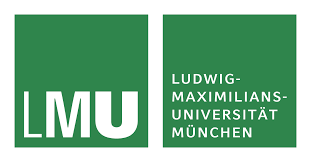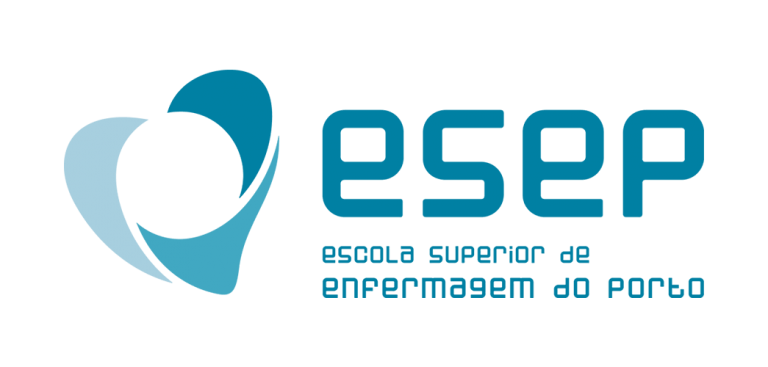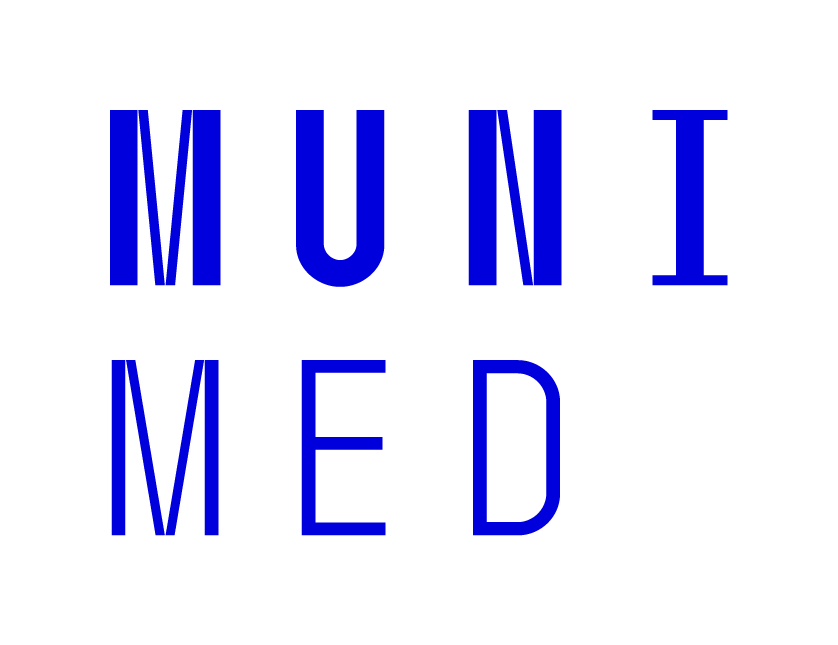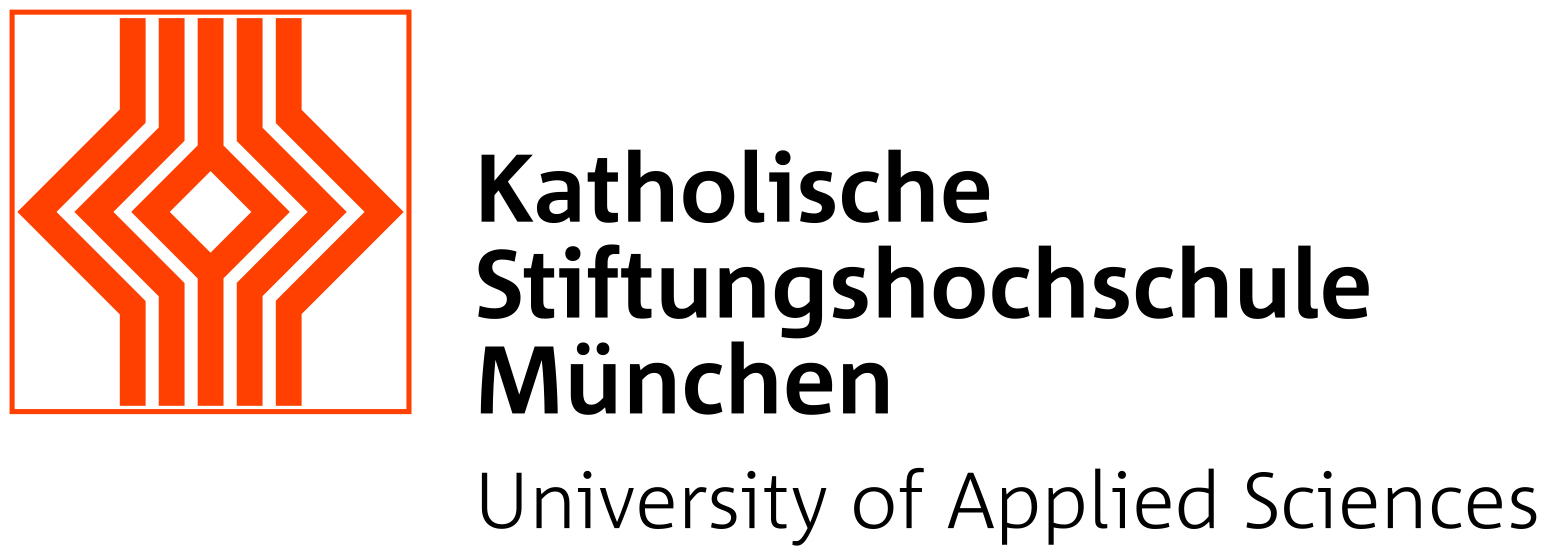17.12.2024
Author: ESEP
Nowadays, in higher education, it is essential for educators to examine and challenge their assumptions about learning. Gaining a deeper understanding of learning processes can drive transformative changes in the classroom, enhance teaching effectiveness, and significantly improve higher education students' outcomes. As education continues to evolve using new research and educational practices, the focus remains on advancing how individuals learn and develop.
Traditional learning methodologies centred on observation and memorisation are gradually replaced by more interactive, participatory approaches prioritising student engagement. Methodologies based on “learning concepts” emphasise active cognitive involvement, fostering a deeper and more enduring understanding of ideas. These concepts involve developing a structured theoretical framework or programme designed to facilitate the acquisition of knowledge and the development of competencies within a specific domain.
Creating a learning concept involves defining the target audience and learning outcomes, selecting appropriate teaching strategies, relevant content, technologies and resources, and establishing assessment methods. These elements ensure the programme follows a coherent, structured rationale, ultimately converging to the expected results.
The content and methods are carefully designed and tailored to meet the needs of the target audience. By having well-defined and specific objectives, these programmes can leverage tools such as digital platforms, augmented reality, and virtual reality.
Conceptual learning fosters the acquisition of stable and transferable knowledge, enabling students to develop general ideas and understand the foundational principles of a subject, which is a particularly valuable approach in higher education.






